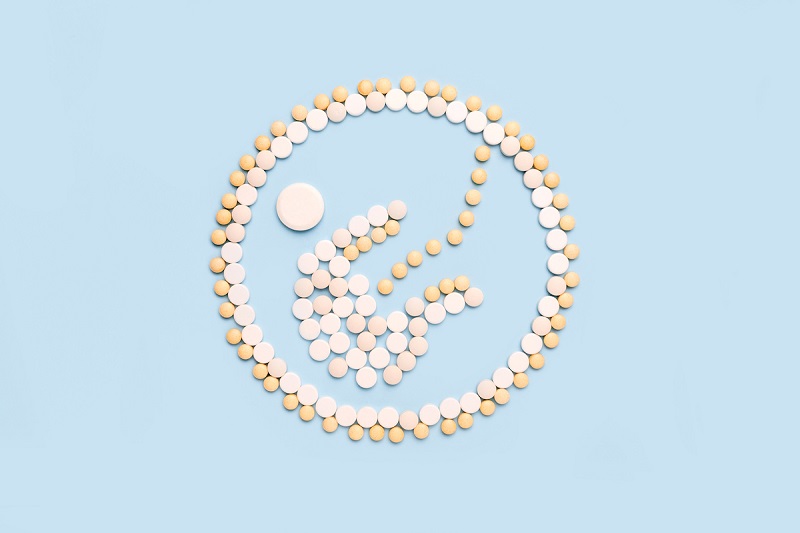Are there any actual benefits to placenta encapsulation? Our birth center has brought it up and offered recommendations for providers several times.
—Crunchy but maybe not that crunchy
Placental encapsulation is part of a broader trend of “placentophagy” or “placentophagia” — the practice of consuming the placenta. Many non-human mammals do this (not the encapsulation; they just eat it raw). An excellent 2018 review article discusses the increasing interest among women, especially in the U.S., in placental consumption. As the article notes, “The placenta can be eaten raw, cooked, roasted, dehydrated, or encapsulated or through smoothies and tinctures.” Encapsulation (steaming, dehydrating, and putting it in pill form) is the most common. This article (which, really, I highly recommend reading if you are interested in diving deeper) also notes that placenta can be used as a meat substitute. Like, say, in a lasagna.
So: people do eat their placenta sometimes. However, there is no systematic evidence that placental consumption is beneficial. People who support placentophagy report positive influences on mood, lactation, and energy. For example, in a survey of 189 women who consumed their placenta, the majority indicated that they “perceived positive benefits.” We’ve got other self-reports of improved lactation, or better energy. The important caveat is that self-reports of this type are not generally considered reliable evidence.

There are a couple of small randomized trials of placental encapsulation. One, which included 23 women, looked for impacts on iron levels. Although the placenta-pill iron levels were considerably higher than the placebo beef-pill iron levels, there was no impact on maternal iron. A second trial (with 27 people) looked at maternal mood, bonding, and fatigue and found no impacts on these; that same trial showed no change in neonatal weight.
Various studies in animals do provide some clues to how placental consumption might impact people, but, again, it’s very hard to port evidence from rats into humans in a reliable manner.
Are there any risks to placental consumption? The data there is also poor. The CDC published a single case report of an infant who was reinfected with Group B strep, possibly as a result of his mother’s placental capsule consumption. This is concerning, but, also, it is a single case report. It remains possible that placental capsules could be a source of infection or contain high levels of toxins. Systematic evidence of risks is lacking just as is systematic evidence of benefits.
Should you consume your placenta? I do not see any reason to do so, in which case I’d go with the default of “no.” I do not read very strong evidence of harms, but this feels like a case where without a pretty compelling data-based reason, even small risks should outweigh it.
Community Guidelines















Log in